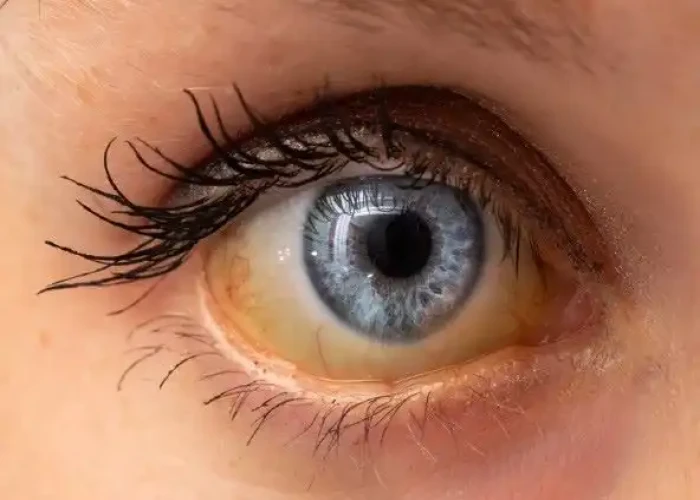 Welcome
Welcome
“May all be happy, may all be healed, may all be at peace and may no one ever suffer."
Yellow fever
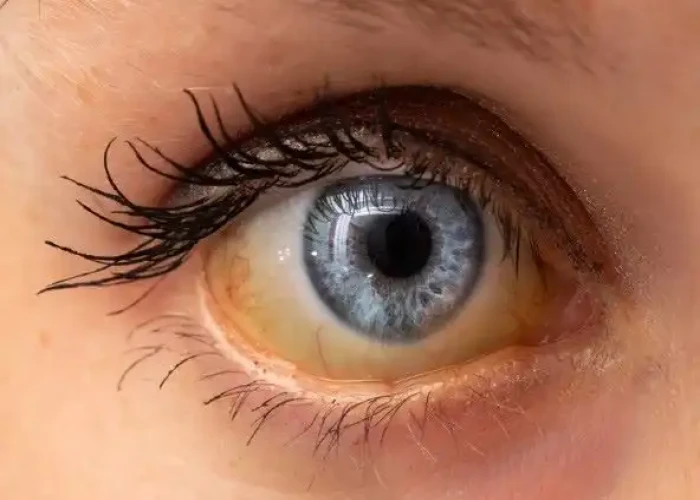
Yellow fever is a viral disease that is transmitted by mosquitoes. It is caused by the yellow fever virus, which is a member of the Flaviviridae family of viruses. Yellow fever is primarily found in tropical and subtropical areas of Africa and South America.
Symptoms of yellow fever can include fever, headache, muscle and joint aches, nausea and vomiting, and jaundice (yellowing of the skin and eyes). In some cases, the disease can progress to a more severe form, with symptoms such as high fever, liver and kidney failure, and bleeding. This severe form of the disease can be fatal.
Prevention of yellow fever is primarily through vaccination, with the yellow fever vaccine being highly effective at preventing the disease. Other measures to prevent the disease include avoiding mosquito bites, such as by using insect repellent, wearing long-sleeved clothing and pants, and staying in air-conditioned or screened areas. There is no specific treatment for yellow fever, but supportive care can be provided to manage the symptoms of the disease.
Research Papers
Disease Signs and Symptoms
- Fever
- Seizures
- Kidney failure
- Bleeding from mouth
- Nose bleeding
- Abdomen pain
- Yellowing of skin and eyes (jaundice)
- Tongue is red
- Red eyes (conjunctivitis)
- Dizziness (vertigo)
- Loss of appetite
- Nausea or vomiting
- Sensitivity to light (Photophobia)
- Knee pain
- Back pain
- Muscle pain
- Headaches
- Coma
Disease Causes
Yellow fever
Yellow fever is caused by a virus that is spread by the Aedes aegypti mosquito. These mosquitoes thrive in and near human habitations where they breed in even the cleanest water. Most cases of yellow fever occur in sub-Saharan Africa and tropical South America.
Humans and monkeys are most commonly infected with the yellow fever virus. Mosquitoes transmit the virus back and forth between monkeys, humans or both.
When a mosquito bites a human or a monkey infected with yellow fever, the virus enters the mosquito's bloodstream and circulates before settling in the salivary glands. When the infected mosquito bites another monkey or human, the virus then enters the host's bloodstream, where it may cause illness.
Disease Prevents
Yellow fever
Vaccine
A highly effective vaccine exists to prevent yellow fever. Yellow fever is known to be present in sub-Saharan Africa and parts of South America. If you live in one of these areas, talk to your doctor about whether you need the yellow fever vaccine. If you plan to travel in these areas, talk with your doctor at least 10 days, but preferably three to four weeks, before your trip begins. Some countries require travelers to present a valid certificate of immunization upon entry.
A single dose of the yellow fever vaccine provides protection for at least 10 years. Side effects are usually mild, lasting five to 10 days, and may include headaches, low-grade fevers, muscle pain, fatigue and soreness at the site of injection. More-significant reactions — such as developing a syndrome similar to actual yellow fever, inflammation of the brain or death — can occur, most often in infants and older adults. The vaccine is considered safest for those between the ages of 9 months and 60 years.
Talk to your doctor about whether the yellow fever vaccine is appropriate if your child is younger than 9 months, if you have a weakened immune system, are pregnant or if you're older than 60 years.
Mosquito protection
In addition to getting the vaccine, you can help protect yourself against yellow fever by protecting yourself against mosquitoes.
To reduce your exposure to mosquitoes:
- Avoid unnecessary outdoor activity when mosquitoes are most active.
- Wear long-sleeved shirts and long pants when you go into mosquito-infested areas.
- Stay in air-conditioned or well-screened housing.
- If your accommodations don't have good window screens or air-conditioning, use bed nets. Nets that have been pre-treated with insecticide offer additional protection.
To ward off mosquitoes with repellent, use both of the following:
- Nonskin repellent. Apply permethrin-containing mosquito repellent to your clothing, shoes, camping gear and bed netting. You can buy some articles of clothing and gear pre-treated with permethrin. Permethrin is not intended for use on your skin.
- Skin repellent. Products with the active ingredients DEET, IR3535 or picaridin provide long-lasting skin protection. Choose the concentration based on the hours of protection you need. In general, higher concentrations last longer.
- Keep in mind that chemical repellents can be toxic, and use only the amount needed for the time you'll be outdoors. Don't use DEET on the hands of young children or on infants under 2 months of age. Instead, cover your infant's stroller or playpen with mosquito netting when outside.
According to the Centers for Disease Control and Prevention, oil of lemon eucalyptus, a more natural product, offers the same protection as DEET when used in similar concentrations. But these products should not be used on children younger than age 3.
Disease Treatments
No antiviral medications have proved helpful in treating yellow fever. As a result, treatment consists primarily of supportive care in a hospital. This includes providing fluids and oxygen, maintaining adequate blood pressure, replacing blood loss, providing dialysis for kidney failure, and treating any other infections that develop. Some people receive transfusions of plasma to replace blood proteins that improve clotting.
If you have yellow fever, your doctor will likely recommend that you stay inside, away from mosquitoes, to avoid transmitting the disease to others. Once you've had yellow fever, you'll be immune to the disease for the rest of your life.
Disease Diagnoses
Disease Allopathic Generics
Disease Ayurvedic Generics
Disease Homeopathic Generics
Disease yoga
Yellow fever and Learn More about Diseases
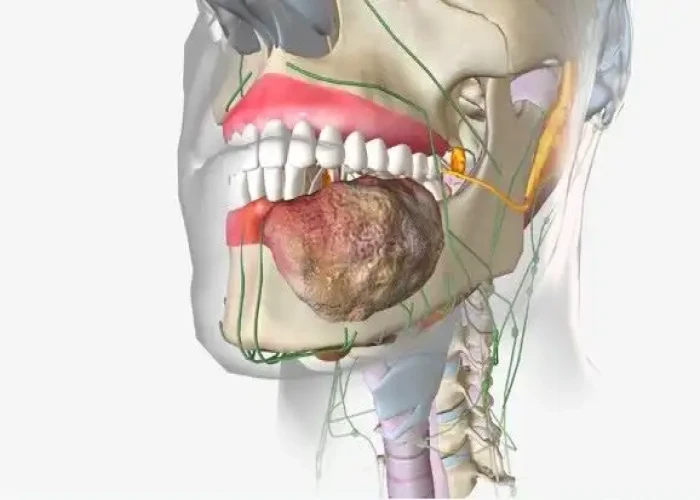
Soft palate cancer
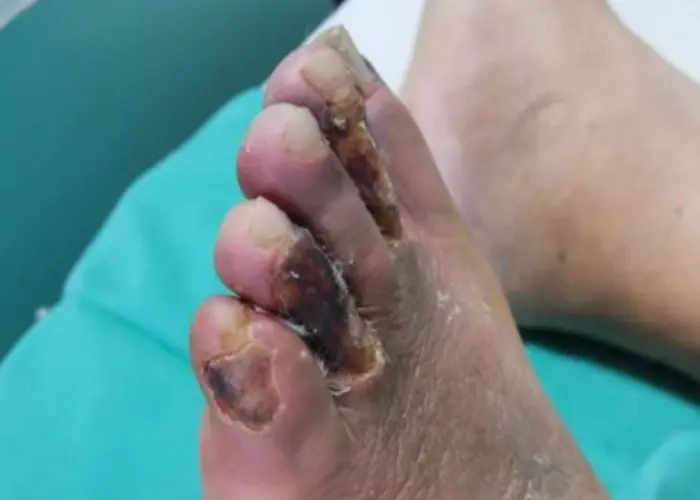
Claudication
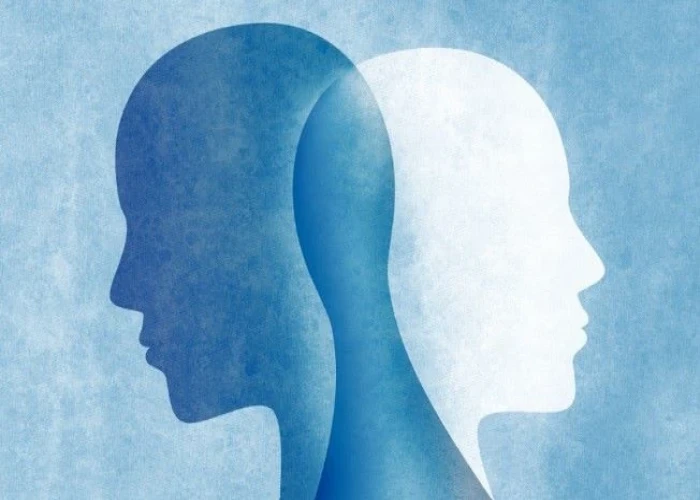
Mood disorders

Wrist pain

Subarachnoid hemorrhage
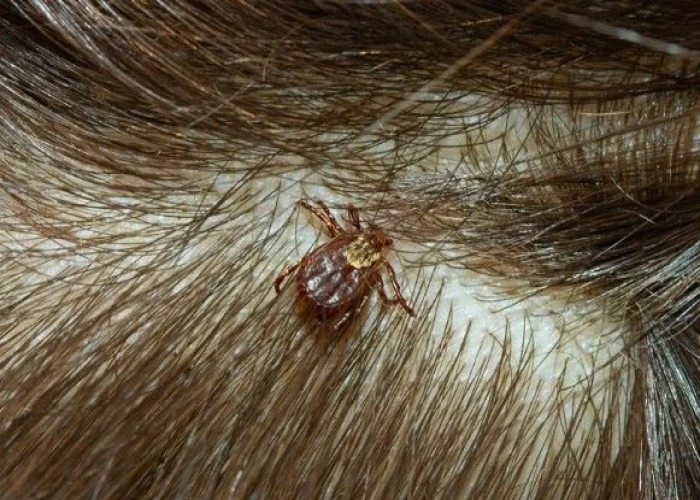
Rocky Mountain spotted fever
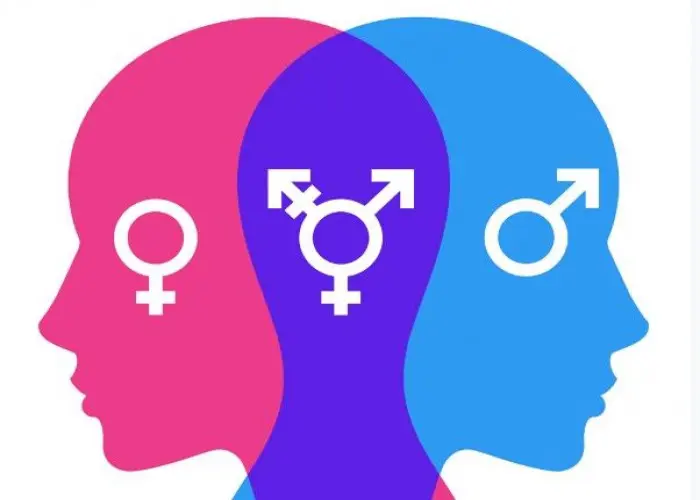
Gender dysphoria
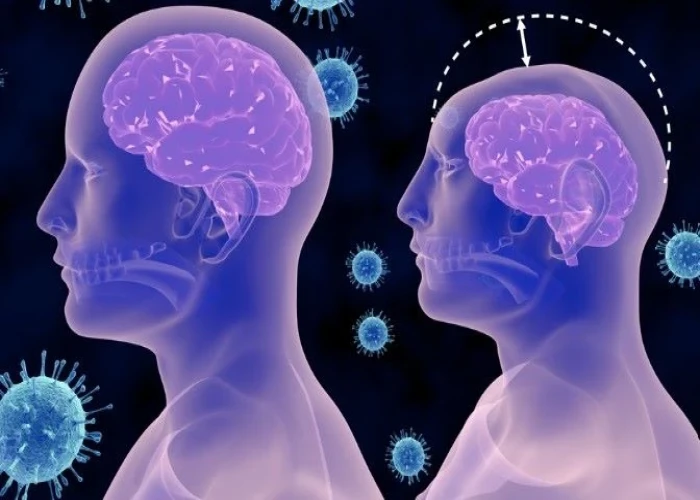
Microcephaly
yellow fever, হলুদ জ্বর
To be happy, beautiful, healthy, wealthy, hale and long-lived stay with DM3S.
